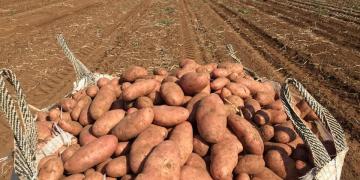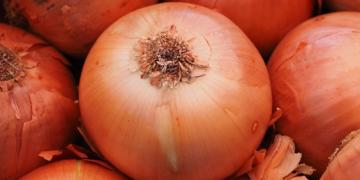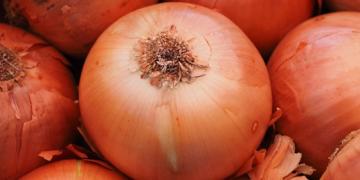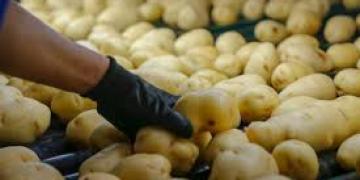Colombia: Measures taken to curb potato smuggling from Ecuador
Border controls with Ecuador are tightened due to the potato and rice crisis.

Given the critical situation facing the potato and rice sectors in Colombia, the government announced a series of measures to curb smuggling and guarantee fair conditions for agricultural producers, with emphasis on the southern border with Ecuador. The strategy seeks to counter illegal practices, unfair competition, and the lack of sanitary controls, factors that have generated strong pressure on prices and threaten the stability of the agricultural market, the Ministry of Agriculture stated on its website.
"We are complying with the president’s directives regarding two key supply chains: potatoes, which are experiencing a sharp drop in prices, and rice. We are assuming intersectoral and interinstitutional coordination to defend agricultural production and the national industry on the border," stated the Minister of Agriculture and Rural Development, Martha Carvajalino, during a high-level meeting in Ipiales, Nariño.
Border control for 30 days
As an immediate response, the government will implement an intensive 30-day border control and surveillance strategy, led by the National Tax and Customs Directorate (DIAN), the Colombian Agricultural Institute (ICA), INVIMA (National Institute of Agriculture), the Fiscal and Customs Police (Polfa), and the National Army.
This offensive seeks to curb the entry of unprocessed agricultural products, especially potatoes and rice, which are allegedly entering illegally through unauthorized crossings from Ecuador. According to authorities, both open and technical smuggling has been detected, affecting local prices and exposing the country to the entry of diseases due to the lack of sanitary controls.
"We are characterizing smuggling, identifying border routes, and implementing controls on roads, commercial establishments, and markets," explained Major John Rodríguez, Deputy Director of Investigations for the Polfa.
Sanitary reinforcement and inspection visits
The ICA reported that more than 350 surveillance visits to rice crops have been made, sanitary controls at the border have been strengthened, and mechanisms have been activated to curb the illegal entry of potatoes. Paula Cepeda, general manager of the ICA, indicated that phytosanitary surveillance has also been intensified to prevent the spread of diseases such as white leaf virus and purple top disease, which directly threaten the country’s food security.
For its part, Invima reported an increase in inspection, surveillance, and control (IVC) actions at points of entry, especially at the Ipiales Border Crossing. In addition, sanitary conditions at rice mills are being assessed to ensure compliance with national standards.
Boosting the potato agroindustry
Beyond controls, the government also announced the strengthening of potato agro-industrialization strategies as a structural measure to improve the sector’s competitiveness, optimize marketing, and generate added value for producers in domestic and international markets.
Institutional coordination and territorial support
The announcements were made in the municipality of Ipiales during an inter-institutional meeting attended by the Governor’s Office of Nariño, the Mayor’s Office of Ipiales, the DIAN (National Institute of Statistics and Census), the ICA (National Institute of Statistics and Census), the Polfa (Polfa), and the Invima (National Institute of Statistics and Census), among other authorities. This meeting reaffirmed the Government of Change’s commitment to the Colombian countryside and the defense of national agricultural production.
"We are working together to protect the border and ensure that our producers can recover a fair price for their work," concluded Minister Carvajalino.
Fuente:




